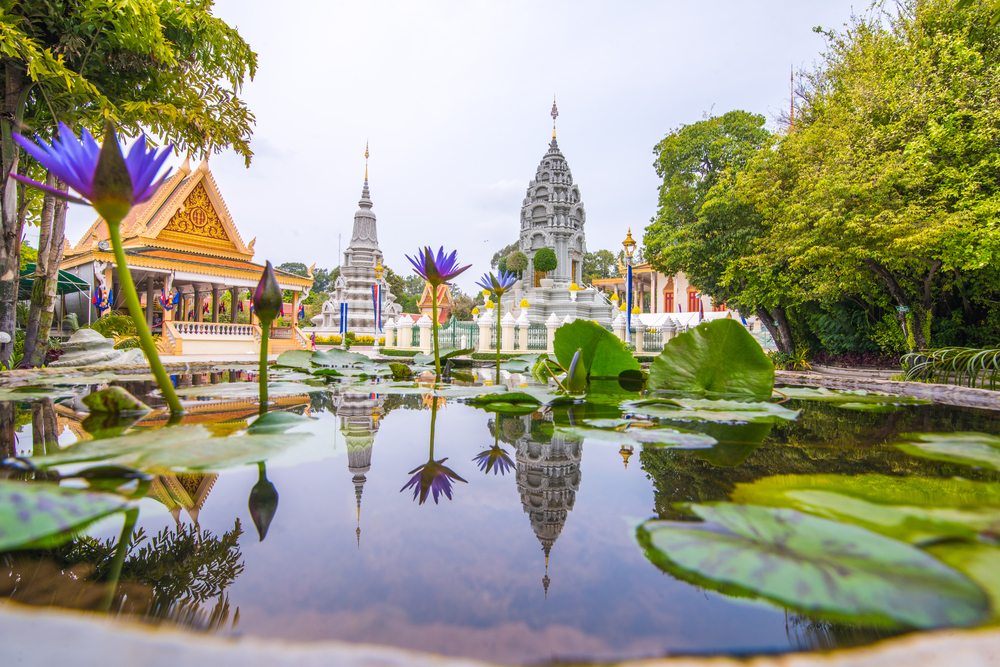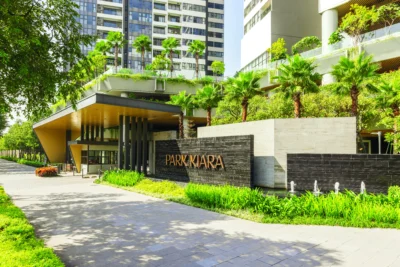Cambodia to develop sustainable cities in seven provinces
Beginning with the launch of the Phnom Penh Sustainable City Plan

In the third quarter of 2019, the Phnom Penh Capital Administration, in partnership with the Global Green Growth Institute (GGGI) and the National Council for Sustainable Development (NCSD), announced their decision to implement the Phnom Penh Sustainable City Plan 2018-2030.
The plan aims to address the urban challenges faced by the capital, from reducing transport emissions, accidents, and congestion to offering affordable housing to improving waste management to controlling flood. It will also encourage the development of green public spaces and buildings, the deployment of clean energy solutions, and the preservation of local heritage sites.
In the last decade, GGGI revealed that Phnom Penh’s population has tripled. This has led to an investment boom and has contributed to more than 30 percent of the Gross National Product. But it’s not all good news.
The rapid urbanisation has put a strain on the capital’s services and natural resources. To this date, Phnom Penh still doesn’t have a proper wastewater treatment system.
“The development of Phnom Penh must acknowledge its environmental impact and pay full attention to climate change. This means development must go hand in hand with environmental protection, ensuring a clean and green environment in the city,” states H.E. Khoung Sreng, the governor of Phnom Penh.
More: Asia’s unsustainable capitals prompt governments to consider relocation
The Environment Ministry also announced their intent to expand the sustainable city plan to six provinces, namely Siem Reap, Preah Sihanouk, Svay Rieng, Poipet, Kampong Cham, and Tboung Khmum, reported Khmer Times.
Sao Sopheap, ministry secretary of state, disclosed that these areas are also facing urban challenges, particularly when it comes to housing, food supply, traffic, air quality, energy, water, natural and cultural heritage conservation, liquid and solid waste management, and flood management.
“We are targeting seven more cities to organise sustainable urban development and are proposing mechanisms to mobilise resources to implement the plan,” he further clarified.
Property developers have also taken initiative in spreading the importance of creating sustainable communities. Among them is Peng Huoth Group, the PropertyGuru Cambodia Property Awards (KPA) Best Developer winner who bagged the highly-anticipated title for the 4th consecutive time, along with seven other awards and six highly commended trophies. Joining their reign is Angkor Continent Import Export Group Co., Ltd. who received the Special Recognition in Sustainable Development title at the 2019 KPA.
Such businesses have shown us that even before the local government’s encouragement of employing sustainable processes, you can do your part to minimise your environmental impact and contribute to the betterment of the community.
Know of any award-worthy homes, condos, flats, or other real estate projects in Cambodia? Nominate them for the 5th Cambodia Property Awards before 1 May 2020! Simply visit asiapropertyawards.com/award/cambodia-property-awards for more details.
Recommended
Asian infrastructure investments boost real estate and economic growth
Governments around Asia are spending billions to fuel infrastructure development to boost real estate and economic growth
Arquitectonica’s global impact reshapes skylines from Miami to Asia
Bernardo Fort-Brescia and his design practice Arquitectonica are making a seismic impact in Asia from an HQ in Florida
Park Kiara in Hanoi raises the bar for sustainable urban living
Park Kiara in Hanoi is a repudiation of low-density, car-dependent suburban sprawl
6 reasons Bekasi is rising as Greater Jakarta’s next hotspot
One of Greater Jakarta’s rising stars is prospering, thanks to ample recreation and a contingent of desirable housing projects








